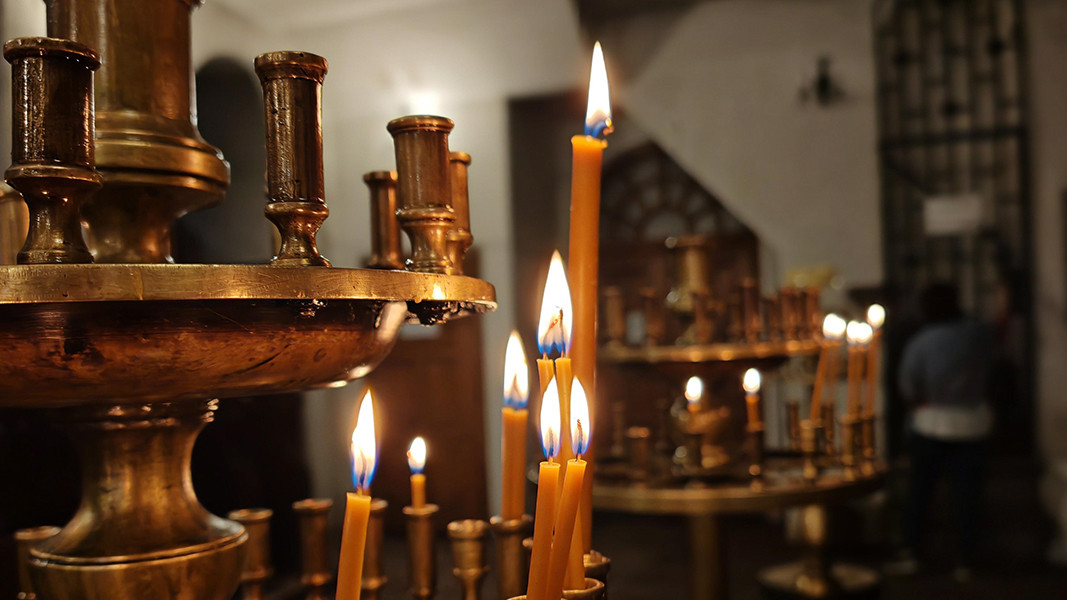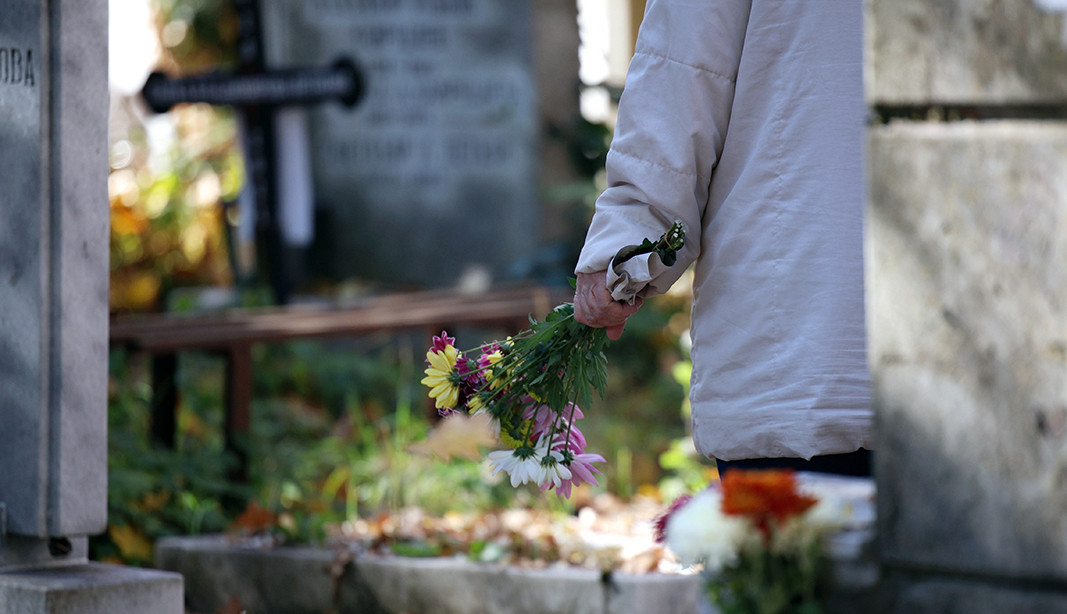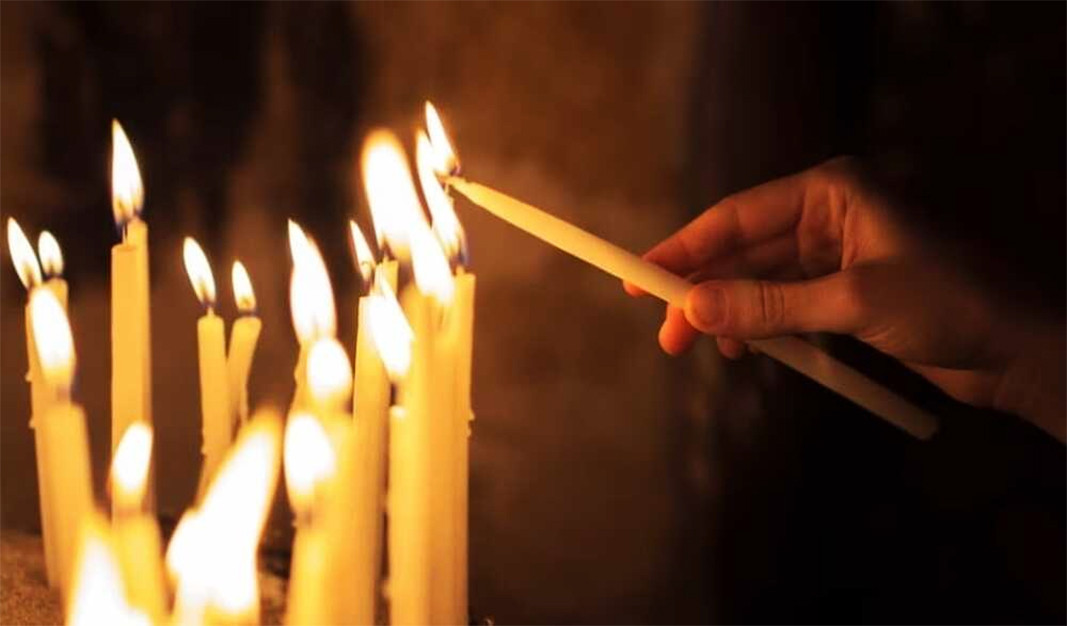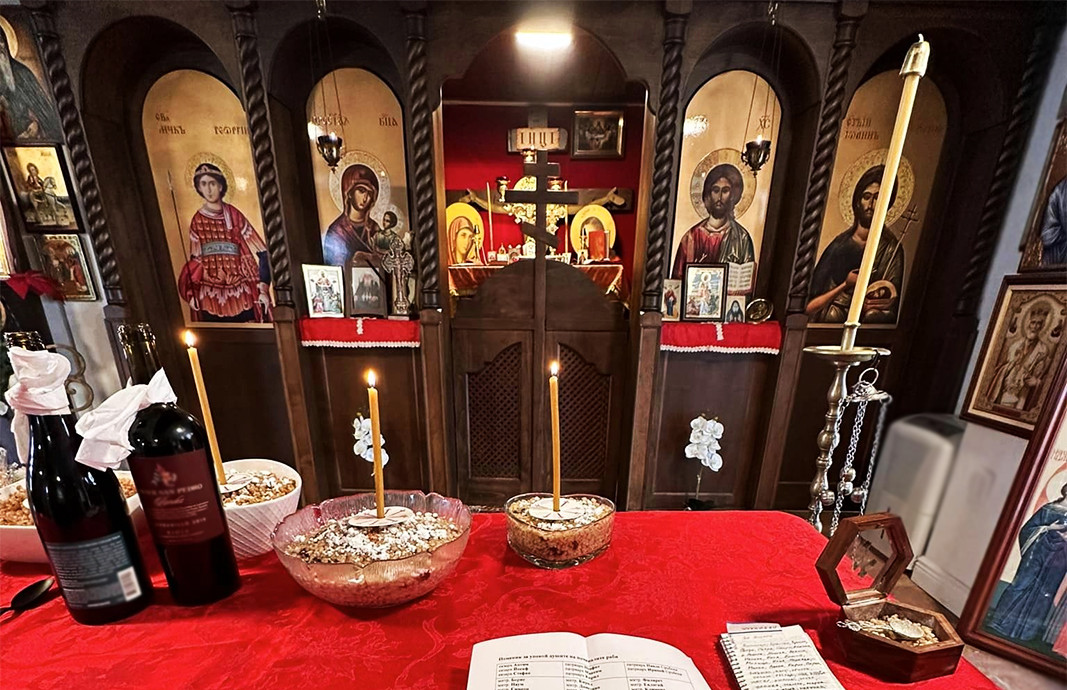In today’s world, where material values overshadow the spiritual, reflections on the salvation of souls somehow remain in the background. The constant race against time and the stream of daily tasks muffle the voice of the soul, which struggles to breathe amid the frantic pace of everyday life.
And then comes All Souls Day (Zadushnitsa), when we pause for a moment and set aside work and worldly worries to remember the departed—to light a candle and give alms in their memory.

In the calendar of the Bulgarian Orthodox Church, there are three All Souls Days (Zadushnitsas), always observed on Saturdays—before Meatfare Sunday (the beginning of Great Lent), before Pentecost, and before the Day of Saint Michael the Archangel (Arhangelovden).
Archangel All Souls Day is the last one of the year and is called Men’s All Souls Day, in memory of the fallen defenders of our land.
The All Souls Days remind us of our duty to the departed—a moment to shake off vanity and worldly concerns and to turn our thoughts toward the immortal soul. For the living, there is always hope to find the path to salvation, but for the dead, their only solace lies in their loved ones, whose prayers can help their souls find peace.

The most powerful prayer for the departed is during the Divine Liturgy, when the priest separates small particles from the prosphora for both the living and the dead, mentioning each by name. At the end, all these particles are placed into the Holy Chalice with the Blood of Christ.
That is why, before the service, the names are written down—so that the priest may commemorate them at the altar, allowing, through God’s grace, a consoling encounter between the departed and their loved ones. Thus, every prayer becomes a beam of light, reaching even the souls lost in darkness and grief.

At a communal table in the church, the relatives of the departed place boiled wheat, symbolizing death and resurrection into eternal life, along with bread, wine and fruits. In addition to sharing among themselves, the participants in the prayer also distribute food to the poor and hungry as alms, with the hope that, through the words “May God forgive!”, the sins of the departed may be absolved.

Photos: BGNES; BTA
8 November is celebrated as the Feast of Saint Michael the Archangel. According to church legend, Archangel Michael commands the whole army of angels in the fight against the forces of darkness, and during the second coming of the Son of God, he will..
In 1018, after half a century of struggle, the First Bulgarian Empire was conquered by Byzantium. Despite the many uprisings of the Bulgarians, the power of Constantinople lasted for nearly two centuries. In the autumn of 1185 or the..
On 19 October, Bulgarians commemorate St Ivan Rilski, also known as St John of Rila, who is considered the country’s heavenly protector. He founded the Rila Monastery, which is the largest and most influential spiritual centre in Bulgaria. Ivan..

+359 2 9336 661
